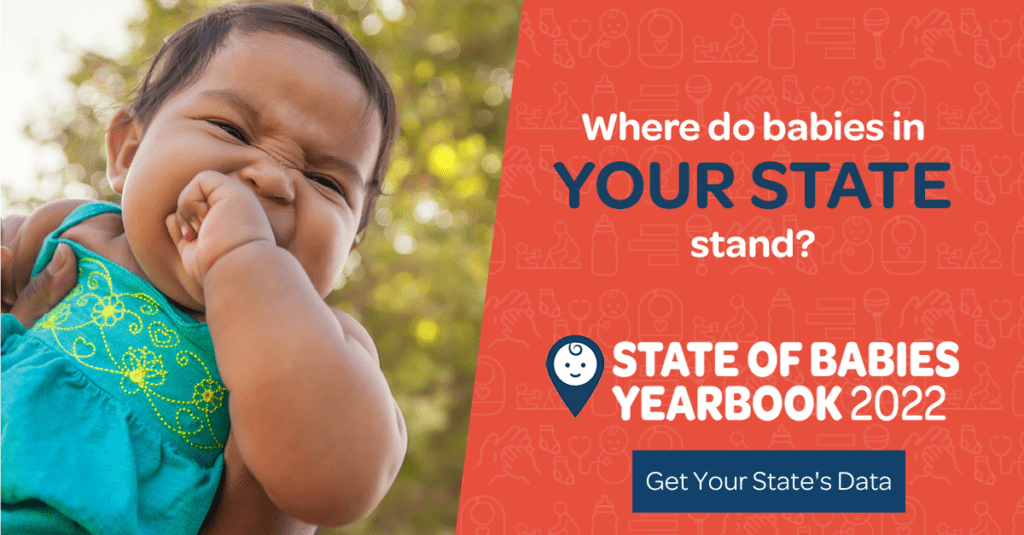In New Jersey, the 1998 Abbott v. Burke Supreme Court decision required the state to provide access to high-quality pre-k for all 3- and 4-year-olds in the state’s 31 poorest school districts by the next school year, approximately 15 months from the release of the decision. The necessity of quickly establishing large-scale implementation of pre-k prompted widespread partnerships between the public schools, community-based providers, and Head Start. The Court, in a 2000 decision, required that regardless of auspice, all classrooms were required to meet the same high standard of quality. To meet this quality standard, the implementation of New Jersey’s mixed delivery system brought additional supports to the child care and Head Start community, including professional development opportunities, to educators in existing ECE settings. Anecdotal evidence suggests that this system has helped protect infant-toddler slots and, for participating sites, may have contributed to improved quality of care for infants and toddlers. Advocates emphasize that intentional planning with all partners at the table and relationship building between districts and community- based providers is essential to success for a mixed delivery system and suggest consideration of a policy requiring collaboration with community-based providers.
To read more about state strategies to strengthen infant-toddler care, while expanding pre-K read here.




